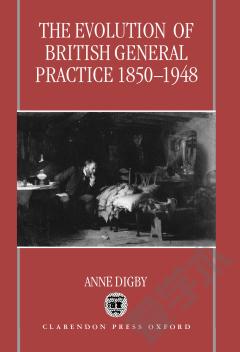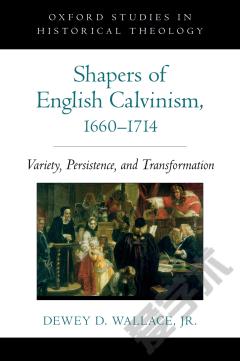The Changing Shape of English Nonconformity, 1825-1925
This book studies the development of a pattern of education for ministry within nineteenth-century English evangelical Nonconformity. Such development played a major role in the emergence of discussions on the nature of ministry while also influencing thought on religious authority, theological reconstruction, and religious identity. Johnson argues that too many interpretations of this facet of Nonconformity's history (especially those concerning the Congregationalist, Baptist, Methodist, and Presbyterian traditions) have tended to regard this development as a decline from earlier pinnacles of religious vitality and appeal. His book instead considers this phase a serious and necessary effort on the part of Nonconformity to come to terms with modernity while also retaining a responsible understanding of what it meant to be evangelical.
{{comment.content}}








 京公网安备 11010802027623号
京公网安备 11010802027623号